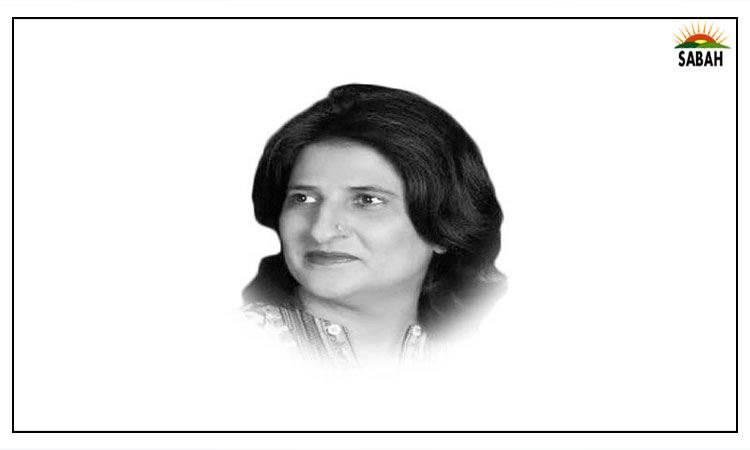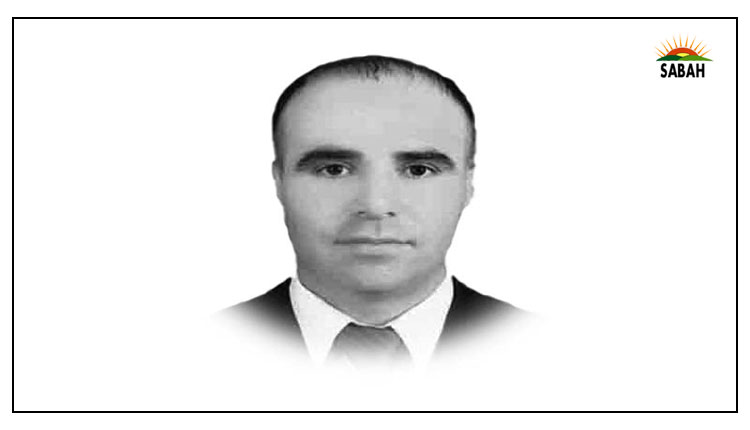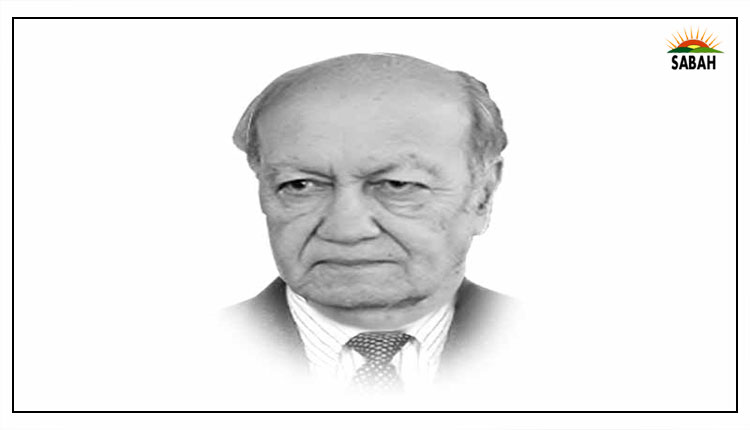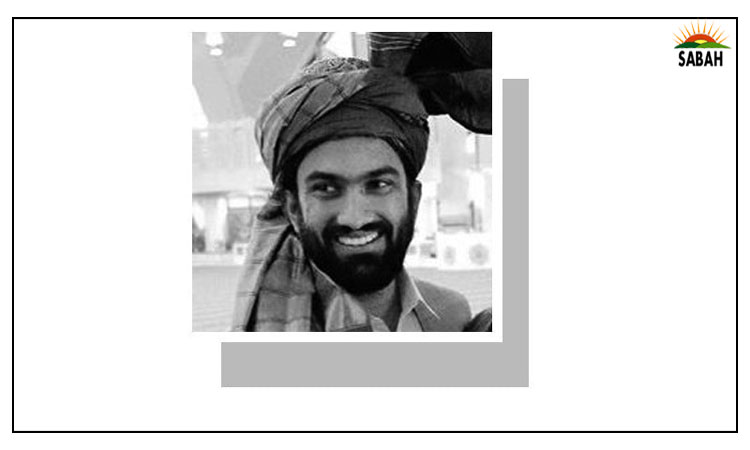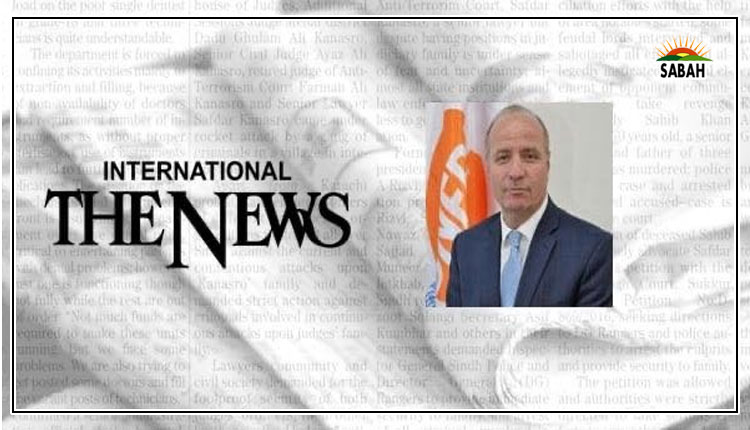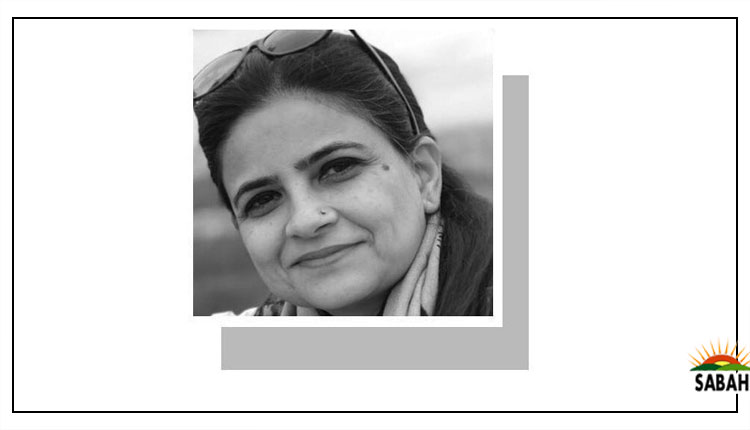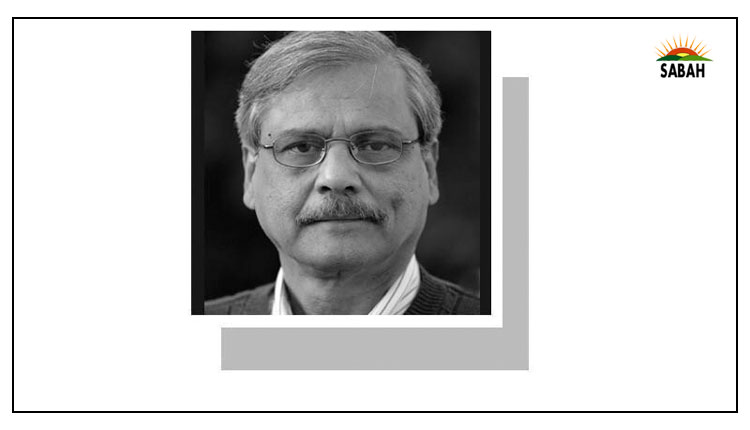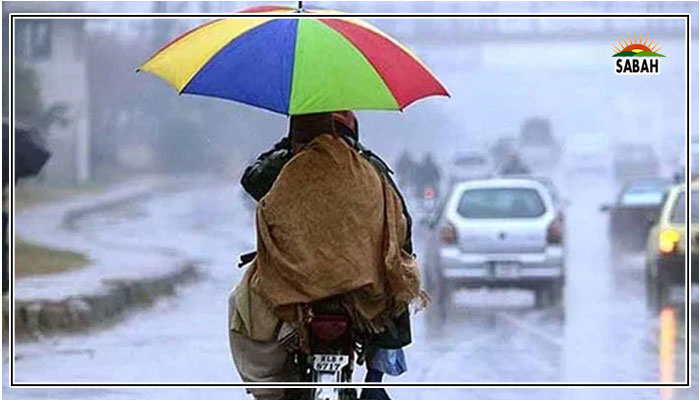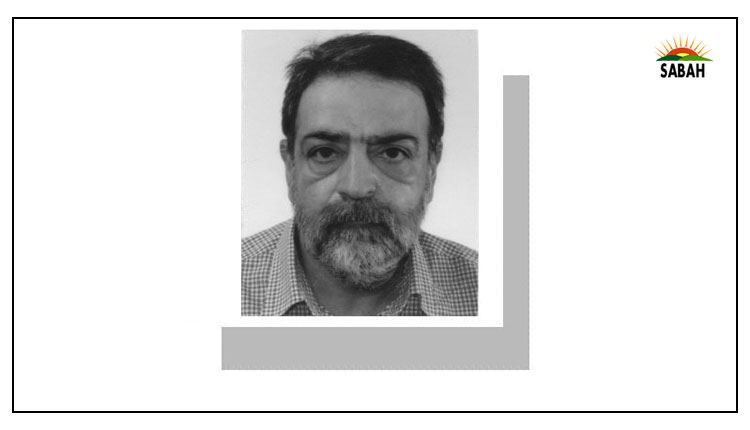Chinese whispers……….. Mahir Ali
TO paraphrase Oscar Wilde, to lose one recently appointed senior cabinet minister could be construed as a misfortune; losing two seems like carelessness. Chinas defence minister, Li Shangfu, was late last week reported to be under investigation for corruption possibly during his five-year tenure as the head of the Central Military Commissions equipment development department.
Seven weeks earlier, the foreign minister, Qin Gang, was dismissed without explanation. His purported sins and fate remain unknown. He was replaced by his predecessor, Wang Yi, but like Li officially remains a state councillor.
The absence of official narratives has spurred speculation and inspired mockery. Since Xi Jinping ascended to the pinnacle of power in 2012, he has been renowned for his anti-corruption drive, as well as a tendency to elevate to positions of power long-time associates or verified loyalists. If two of his handpicked choices for internationally prominent positions had to be sidelined with months of their appointment, awkward questions about his judgement will arise.
Thats not all. Shortly after Qins disappearance and dismissal, the two top leaders of the Peoples Liberation Army Rocket Force were also replaced. Xi created the Rocket Force, which oversees Chinas missile programme, in 2015. Its his baby, so to speak, and the perception of there being something rotten at its core can be seen as a personal blow.
Theres some cause for alarm, but Chinas future is unwritten.
It is unclear whether the purges symbolise Xis strength, as various China analysts claim, or his weakness. His third term as party chief and president, unprecedented in recent decades, appeared to point to a higher stage of absolutism, echoing the aura of supremacy that once surrounded Mao Zedong.
Even Mao, mind you, was hardly immune from perceived challenges to his authority. Liu Shaoqi, for instance, had effectively served as head of state for nearly a decade when he was denounced as a traitor to the revolution and thrown into prison in 1967, where he died two years later. And Maos designated successor, Lin Biao, evidently died in an air crash in Mongolia in 1971 while allegedly seeking to defect to Moscow after a failed coup attempt. Posthumously, he was dubbed a traitor, but the mystery surrounding his demise has never been cleared up.
Nor has he ever re-entered the revolutionary pantheon, unlike Liu, who was rehabilitated under Deng Xiaoping. Deng himself was purged and rehabilitated more than once, and even his mentor and protector, Zhou Enlai, barely survived the Cultural Revolution.
Much water has flowed down the Yangtze since those times, and some of those once denigrated as capitalist roaders had the last laugh as capitalism with Chinese characteristics turned the Peoples Republic into an economic juggernaut. This version of the Great Leap Forward did not condemn tens of millions to penury, but instead lifted them out of absolute poverty.
Disparities of wealth grew exponentially, however, as the market economy produced millionaires and then billionaires as sweatshops proliferated. Its hardly surprising that many so-called captains of industry in the West viewed the Chinese model with envy, given it guaranteed cheap labour, high profits and little threat of organised unions, let alone strikes over low wages. Beijings simplistic excuse was that a few people would get rich before everyone benefited.
This version of trickle-down capitalism did help to forge a middle class, but relative poverty remained the lot of much of the proletariat that the Chinese Communist Party was intended to represent. Xis slogan of common prosperity echoes earlier initiatives, and his government has transmitted whos boss to the biggest corporations in recent years, but the consequences of relying too much on property development have lately been playing out, and growth has been slow to pick up after the pandemic although perhaps the most intriguing Covid-19 phenomenon were the mass protests over extended lockdowns.
There is reason to suspect that Chinas reputation for playing the long game doesnt quite work in the current environment. Xi Jinping is a man in a hurry. What that means in terms of geopolitics as the US and its allies pile up the pressure without weighing the possible consequences remains to be seen. But the extent to which Xi enjoys the backing of his party, civil and military colleagues also remains unclear.
There is no indication so far of significant domestic resistance to the nations economic or political direction, let alone significant turmoil, but that could be because the future is unwritten in a nation where the supposed demographic time bomb of a declining population is contradicted by a growing rate of youth unemployment. The only thing thats clear for China and the world is that there are interesting times ahead.
mahir.dawn@gmail.com
Courtesy Dawn, September 20th, 2023


